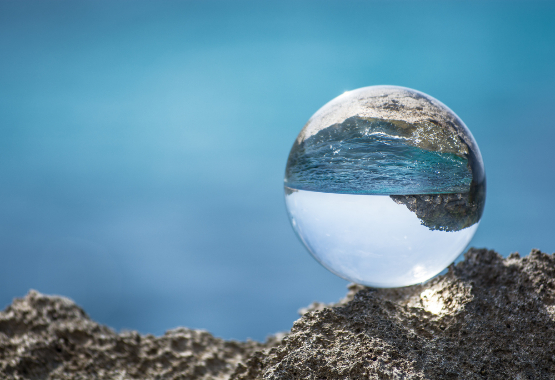How Many Glasses Of Water Do You Really Need To Drink Daily?
Water is an essential ingredient to a healthy lifestyle, but how much should you drink? It is not an easy question to answer because no two bodies have the exact same needs. For example, an active person might need more than someone who works in an environment that makes bathroom breaks tricky.
The best option is to learn what to watch for, so you can develop a fluid intake plan that fits your body.
Why Water Intake Matters?
Water makes up 60 percent of a person's body weight. Its job is to flush out toxins and transport nutrients to cells. Water is a substance that every system uses in some way to function properly and you lose water each day via sweat, breath and waste.
How much water a person needs is a dynamic concept, though. In other words, it changes frequently based on what is going on in your life. Today, eight glasses might do it for you but that doesn't' mean you won't need nine or more tomorrow.
Figuring Out Your Body Needs
Eight glasses of water with at least eight ounces of liquid is the standard most people live by, in part, because it's easy to remember. It works for most people, too, but life can throw a cog into that simple formula. For example, regular exercise might mean you need a few extra ounces each day. If that exercise is intense, like you are training to run your next 5K, then up your fluids even more. Women who are nursing generally need more water, as well.
Most people take in fluid other ways, too, as a couple of cups of coffee in the morning, for example. That glass of juice after your workout counts, as well. Some foods have high water content, too, like lettuce or watermelon – that all factors into total fluid consumption.
Your best approach is to learn the signs of dehydration, so you can fine tune your water intake when necessary. If you are a person that rarely gets thirsty, chances are your current fluid intake is good. Next time you go to the bathroom, look at the urine, if it is colorless or light yellow, you are doing it right.
On the other hand, chronic thirst is a clear warning sign. By the time you feel thirst, you are already dehydrated, so you are always trying to catch up. Keep increasing your fluid intake until chronic thirst becomes a thing of the past. If you never seem to hit that plateau, though, then it's time to see your doctor. Excessive thirst can be a symptom of a chronic disease such as diabetes.
Can You Drink Too Much Water?
It is possible to drink too much, although unlikely for most Americans because of their diet. Medical professionals call too much water hyponatremia and it can be quite serious when it does happen. Again, your bathroom habits tell you a lot. If your stools are loose or you seem to go all the time, it's okay to cut down a glass to see if that helps.
Your body will give you a heads up if you need to drink more water or if you possibly drink too much. You just need to learn to listen.
You can also learn more about how powerful water can be with our 5 Ways to Lose Weight by Drinking Water.




